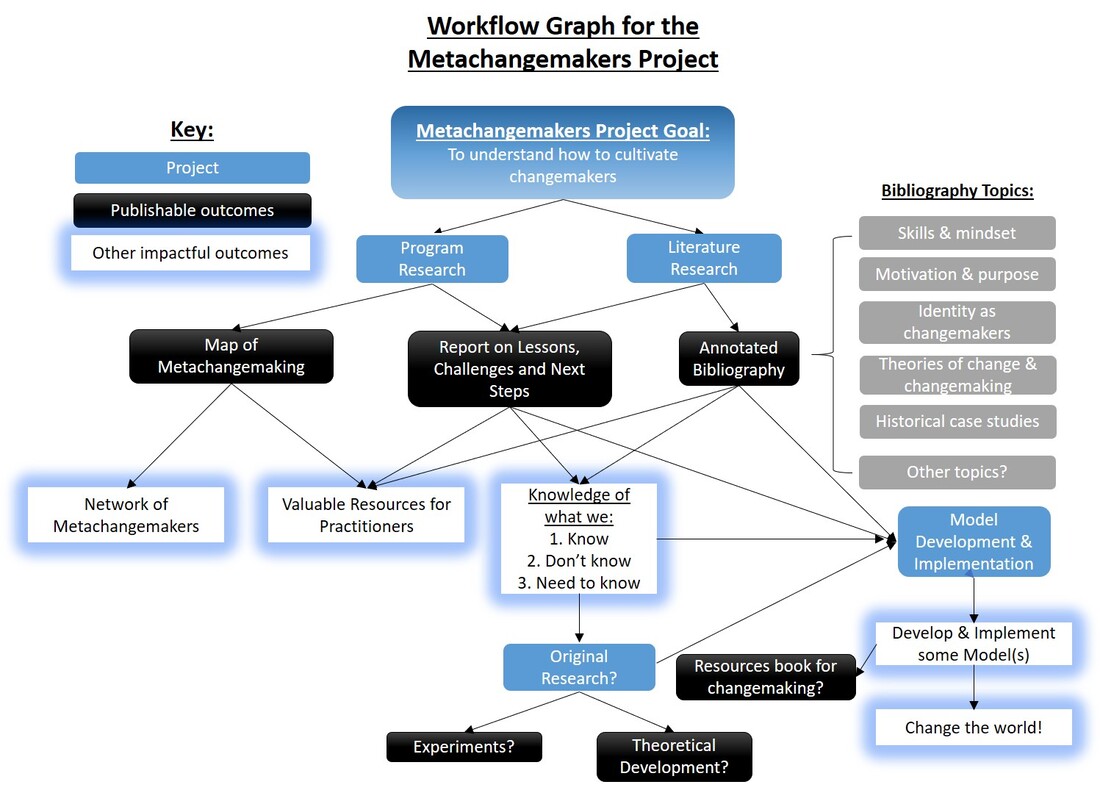|
Several months ago, the Metachangemakers Project gave a presentation at the Life Improvement Science conference, hosted in Tübingen, Germany. There, we talked about the Metachangemakers Project, the promise and importance of metachangemaking and what we have learned about metachangemaking.
If you are interested, you can watch this presentation below!
0 Comments
The Metachangemakers Project: |
Details
AuthorWrite something about yourself. No need to be fancy, just an overview. ArchivesCategories |

 RSS Feed
RSS Feed